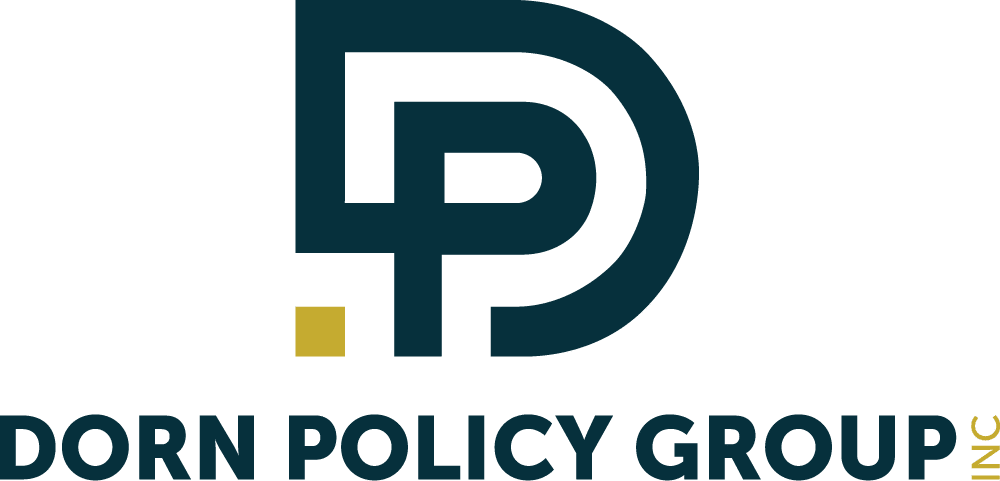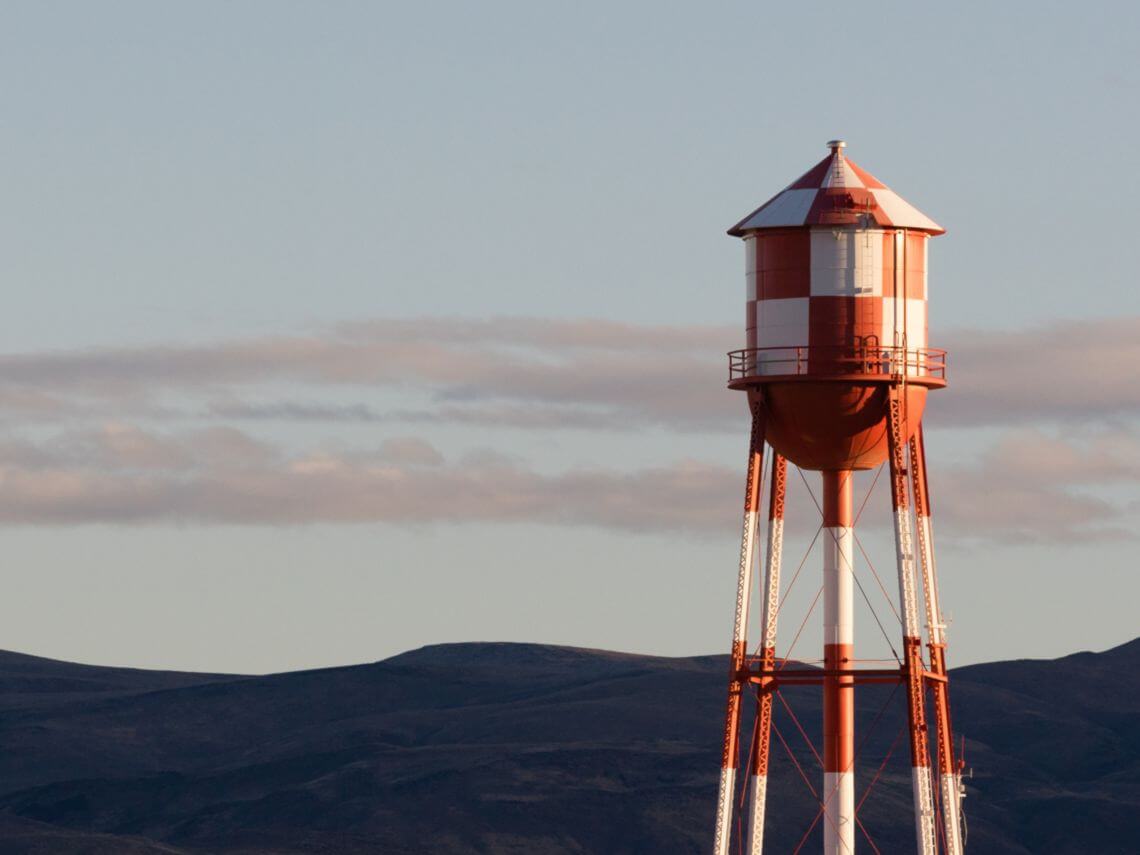Everyone deserves clean, potable water, and unfortunately many Native American tribes lack water that meets the Safe Drinking Water Act. In April 2020, the Bureau of Reclamation announced that six tribes will share $1.1 million through the Native American Affairs Technical Assistance to Tribes Program to develop and manage water resources for six tribes.
Dorn Policy Group partners with several industry leaders and municipalities to advocate for/against policies that impact their businesses and communities. We’ve successfully represented tribal nations on several issues that have led to improved state-tribal relations. Visit our website to learn more about our services and expertise.
Water Resources as Required by the Safe Drinking Water Act
The Safe Drinking Act authorizes the EPA to establish minimum standards that are designed to ensure safe tap water for public use. Under this Act, it also establishes standards for state programs to protect underground sources of drinking water from contaminates. In the case of Native American tribes, it is their responsibility to enforce drinking water regulations. But according to Close the Gap, at least 2 million people still don’t have access to clean drinking water or a working toilet. This is a major concern for native tribes and one that public policy can address through supportive bills.
What the Native American Affairs Program will do for Tribals Nations
According to the Commissioner of the Bureau of Reclamation, Brenda Burman, the $1.1 million in funds will “establish cooperative working relationships with Indian tribes and tribal organizations and ensure they can fully participate with Reclamation as they develop, manage, and protect their water resources.”
Each tribe will receive a specific amount that will go towards their water initiatives. For example, the Navajo Nation will receive $142,964 for the final design of a new water supply that will serve the community of Bodaway Gap, Arizona. But according to the Indian Health Service, it is estimated that it would cost $200 million to efficiently provide basic water and sanitation access across the Navajo Nation.
Let Dorn Policy Group Advocate on Your Behalf
Being heard by key policymakers is a daunting task for many individuals and organizations. For Native American tribes, it can be the difference between getting a fair amount of resources or being left out of state discussions. That is why it’s important to enlist the expertise of a lobbying firm. Dorn Policy Group has been doing this for 20 years, and we continue to meet and exceed our client’s expectations. Contact us today to learn how we can assist you in your goals.

